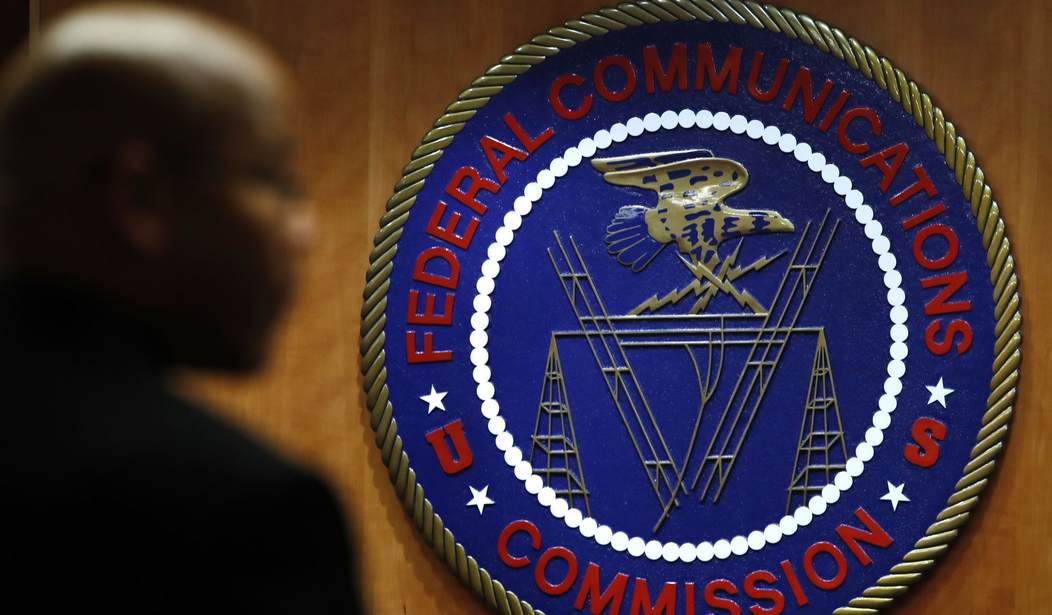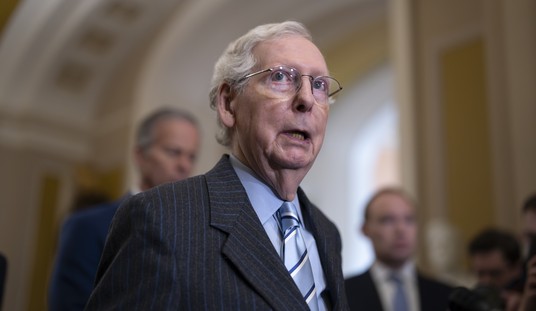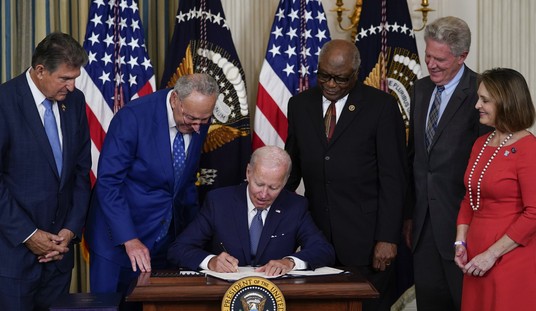The Federal Communications Commission (FCC) voted at its July meeting to start a new program that should help boost broadband access by freeing up more unused spectrum.
In a bipartisan vote, the Commissioners decided unanimously to adopt the Enhanced Competition Incentive Program, which will offer incentives to larger holders of spectrum to entice them to make unused spectrum available to smaller carriers and tribal nations.
The program encourages licensees to partition, disaggregate, or lease spectrum to better match available spectrum resources with eligible entities seeking to offer internet to unserved or underserved communities. The program requires that in a long-term leasing agreement at least half of the licensed spectrum from a Wireless Radio Services license go to an unaffiliated eligible provider and meet specific minimum geographic thresholds.
In exchange, the parties involved in the spectrum transactions get three major benefits from the program:
-A license term extension of five years for both the holder of the spectrum and the provider receiving it in partitioning and disaggregation transactions
-A one-year extension of construction benchmarks for all parties
-Substitution of the assignee’s coverage of the Enhanced Competition Incentive Program qualifying geography in lieu of current construction requirements if they’re focusing on rural areas in using the spectrum.
The FCC noted in a press release accompanying the vote that the program builds upon goals set by Congress in the MOBILE NOW Act to incentivize transactions in the public interest that will help close the digital divide. That act required the FCC and the National Telecommunications and Information Administration (NTIA) to make available at least 455 total megahertz for wireless use, with a focus on mobile and fixed wireless broadband.
Recommended
As a way to enhance accountability, the commission will evaluate the program after five years to determine its effectiveness and to examine what changes might be needed.
Independent of the new incentive program, the FCC also voted to permit reaggregation of geographic licenses, which should help reduce regulatory burdens on providers.
The Rural Wireless Association has emphasized the importance of mobile and fixed wireless broadband in closing the digital divide, including how it will particularly aid the growth of precision agriculture. That association encouraged the FCC to implement this new program, previously commenting that, “for too long, many licensees have neglected their rural license areas, further exacerbating the digital divide. RWA believes this program can encourage the necessary transactions that can expand telecommunications and broadband service in rural America.”
In a statement released along with the notice of the rulemaking, Chairwoman Jessica Rosenworcel noted that this program promoting wireless growth in rural areas is one piece of the puzzle needed toward 100 percent broadband availability in the U.S.
“We know that right now some wireless providers have access to airwaves that others might be better positioned to deploy. But in the past our rules haven’t always made it easy to get spectrum resources to those who want to build in the places that need it most,” she said. “This new program will help fix that by building better incentives.”
Commissioner Geoffrey Starks said in his statement that he met with the Red Cliff Tribal Nation in Wisconsin, which wanted to build its own wireless networks because it couldn’t convince a local licensee to complete a buildout. However, tribal leaders found that they couldn’t access the spectrum.
“We need to make it easier for Tribal Nations like Red Cliff to access unused airwaves, and for smaller carriers and other companies focused on rural deployment to do the same,” he said.
“Rural-focused entities also would benefit from substantive construction requirements that better fit their business plans, and every licensee would have the ability to reaggregate spectrum on the back end—which should make it easier for them to parcel off spectrum to smaller providers on the front end,” Starks continued.
The FCC also seeks further comment on whether to expand program eligibility to allow non-common carriers serving non-rural areas to be eligible to participate, and how it can help promote rural deployment applications such as precision agriculture. The commission also seeks comment on whether to adopt alternative construction requirements for wireless radio licensees.
The commission deserves praise for creating this new program, which would seem to be a win-win for not only current holders of unused spectrum and the providers seeking it to expand wireless services, but also for rural residents who currently can’t access broadband but may now get it thanks to the new spectrum sharing arrangement.
Johnny Kampis is director of telecom policy for the Taxpayers Protection Alliance.
























Join the conversation as a VIP Member